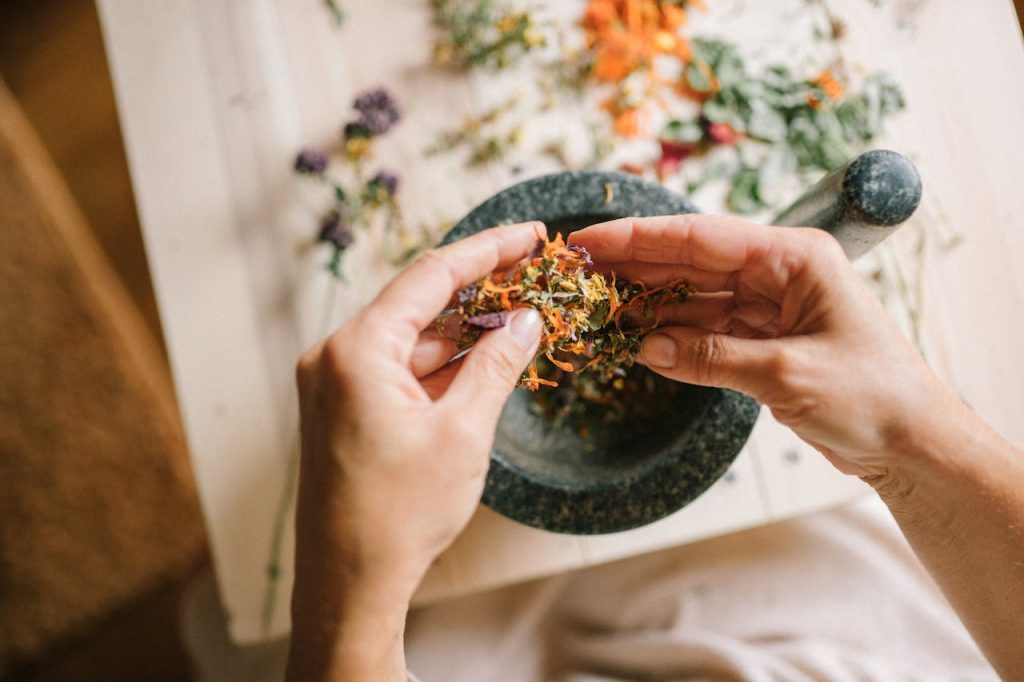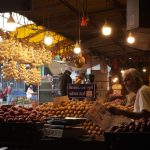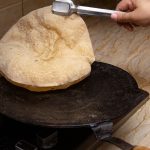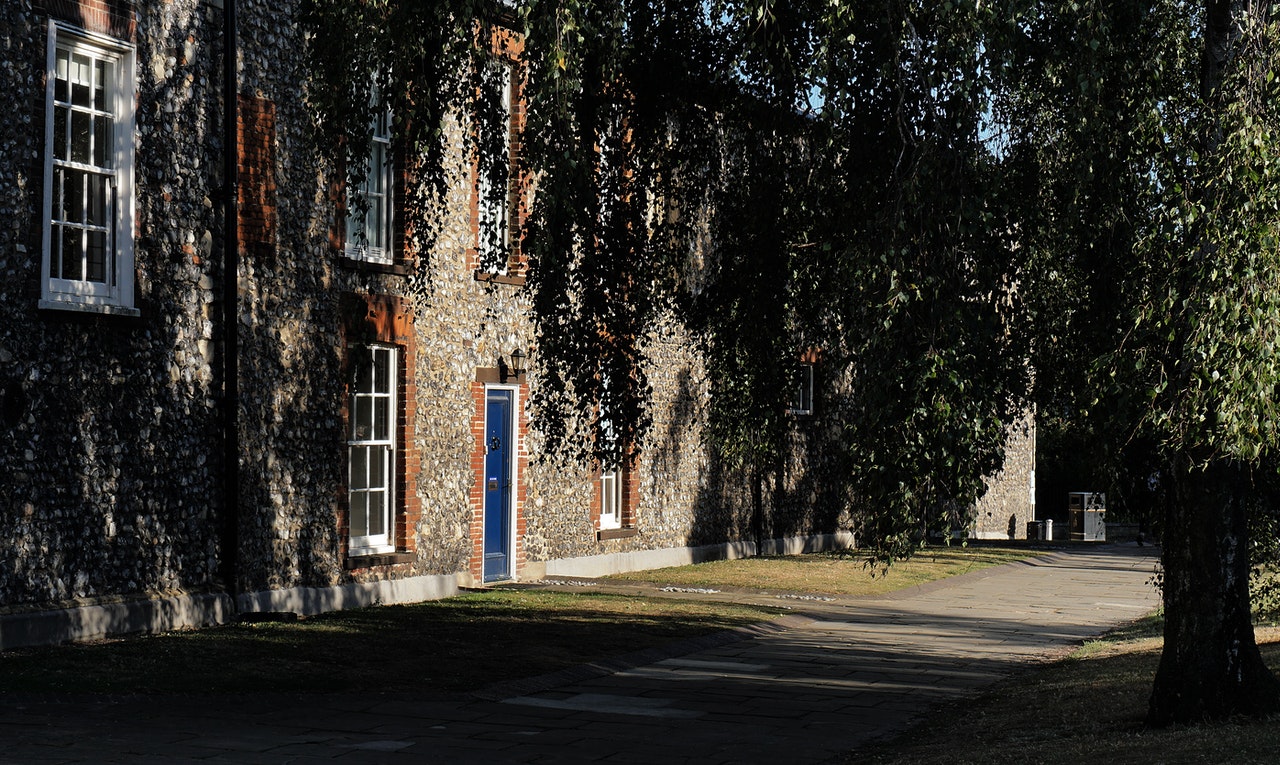“Grandma, my stomach hurts a lot,” a little girl groans in pain, clinging to her grandmother. Her mother is trying to get a doctor’s appointment, but until then, the child must endure the discomfort. Smiling gently, the grandmother asks for a glass of warm water, takes out some carom seed (ajwain) powder from the kitchen cabinet, and gives the child a spoonful along with the water. Within no time, the little girl is back to playing, all cheerful again. Meanwhile, the doctor’s clinic hasn’t even picked up the call.
Scenes like this still occur in many homes, but the bigger question is — will they continue with the next generation?
Today’s generation relies almost entirely on science-based medicine, and there’s nothing wrong with that. The problem arises when they completely dismiss traditional home remedies — wisdom developed through generations of experience and passed down through oral traditions. Will this knowledge now survive only in books and internet articles?
Most of us have benefited from our grandmothers’ remedies during childhood. The kitchen often resembled a mini medical store — filled with carom seeds (अजवाइन) , asafoetida (हींग), fennel (सौंफ), turmeric (हल्दी), cinnamon (दालचीनी), basil (तुलसी), cloves (लौंग), honey (शहद), ghee (घी)… — all not just flavor enhancers, but also considered crucial for health.
For a sore throat, gargling with warm salt water; for cough, a mix of ginger and honey; for sleeplessness, a pinch of nutmeg (जायफल) in warm milk — these remedies were integral parts of our daily lives.
There were also many lifestyle habits we followed without fully understanding them — like avoiding curd at night or starting the day with lemon water on an empty stomach. These weren’t just rituals but had scientific reasoning behind them — expressed in a traditional style.
But today’s fast-paced modern life leaves little room to open grandma’s spice box. Instant-relief pills and syrups from the market have eliminated our need for patience — even if they come with side effects.
Meanwhile, though the elderly population is growing, their knowledge is not being passed on. The younger generation interacts less with them, and the elderly themselves are losing confidence. They hesitate to share their remedies or advice because children now find Google more reliable.
Yet we must ask ourselves an important question — can every problem really be solved by allopathic medicine alone? Are we truly progressing by abandoning tradition, or heading toward a deep void?
Systems like Ayurveda, Siddha, Unani, and Homeopathy are not mere alternatives — they are time-tested medical traditions developed over thousands of years. Their foundation lies in understanding the body, living in harmony with nature, and most importantly, in patience — something the current generation lacks.
Grandparents’ remedies were not just treatments — they were connections — to family, nature, and our roots. When a grandmother placed her hand on a child’s forehead and softly said, “It’s nothing, just rest a while,” that very touch often did half the healing. This emotional healing too is becoming rare.
We must accept that if this knowledge isn’t preserved, future generations will miss out. Today, there is a need to document this traditional wisdom, teach it to children, and revive it within our homes. Whether it’s through a notebook of grandma’s remedies or storytelling sessions about spices — every effort matters.
Perhaps it’s time we introduce ‘Traditional Health Knowledge’ as an elective subject in schools, to help children understand the balance between modernity and tradition.
Grandma and grandpa’s remedies are a heritage — of experience, empathy, and a bond with nature. Losing them would not only mean a loss of knowledge, but also of cultural legacy.
Let us preserve, protect, and share this vanishing treasure — so that when a child asks, “Grandma, what should I do?” — there’s a real grandma or grandpa at home with the answer, not just a voice from a mobile screen.
Author
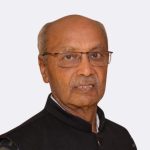
The author is the founder of the Never Say Retire mission. In order to achieve this goal, he also runs this website and his Facebook group Never Say Retire Forum has around 1600 members today.

